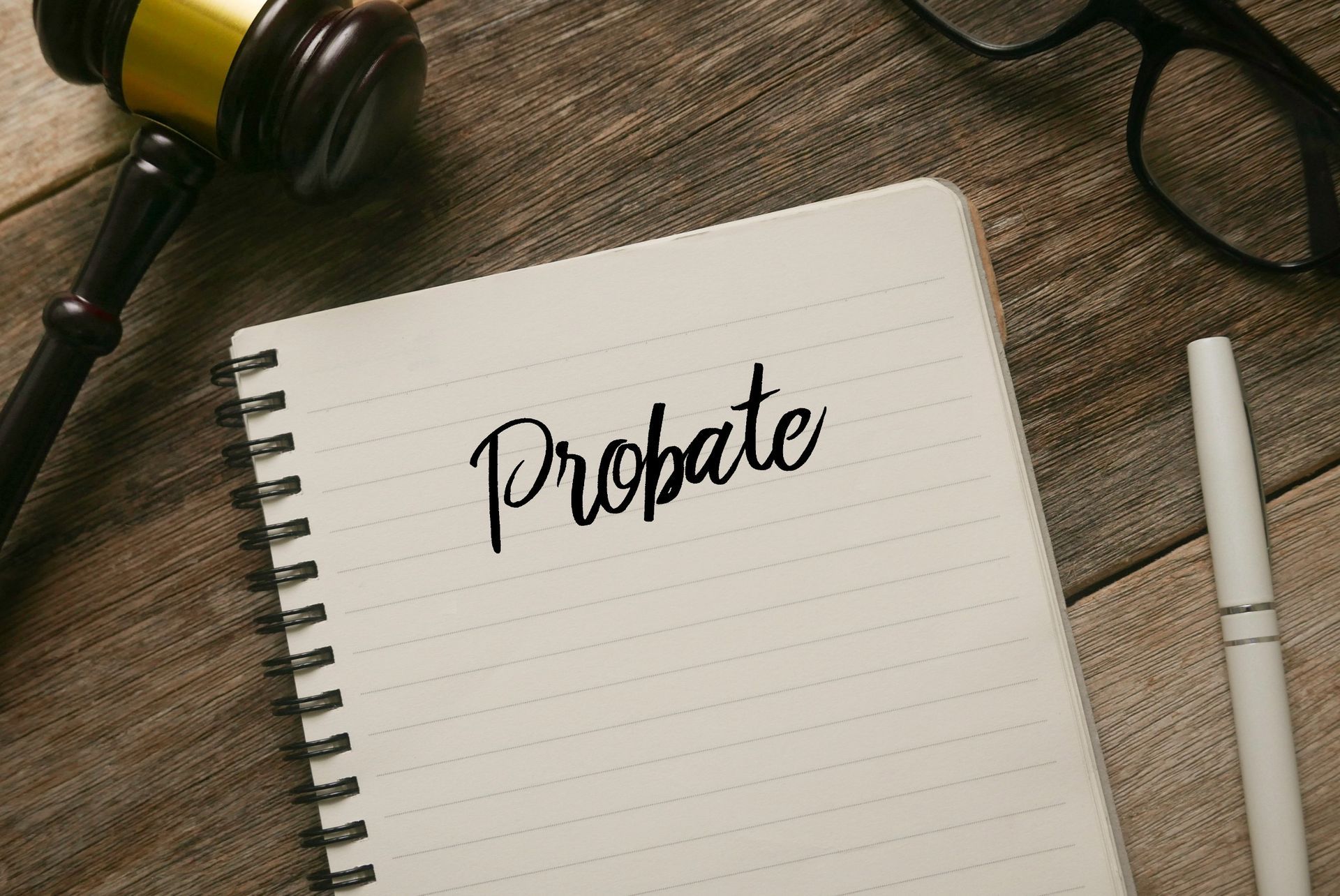Contact Us
Phone: 401-941-5291
Location
51 Jefferson Blvd.
2nd Floor
Warwick, RI 02888
Hours
- Mon - Fri
- -
- Saturday
- -
- Sunday
- Closed
When Can I dispute A Will?
A will is a legal document that provides much-needed peace of mind. When we write a will, we are helping to make sure that our assets and our estate are distributed in the way we want them to be so that everyone gets what they are entitled to. Unfortunately, this does not always work in practice, and there may be errors in the writing of the will that lead to ambiguity.
If you think that the will of a friend, partner or family member does not accurately reflect their wishes, you may be able to dispute this will. Let's take a look at some of the main grounds for contesting a will.
If the Will Is Within the Statute of Limitations
A statute of limitations is placed upon a will — meaning that any disputes or disagreements must be settled within a set amount of time. After this time period is complete, the will can no longer be contested.
Different states will operate different statutes of limitations for contesting a will. You will need to speak to a professional to find out if you are within the dispute timeframe for your specific state jurisdiction. Typically, the statute of limitations will range from around 30 days up to several months. Bear in mind that the statute of limitations begins when the will is filed in court. It does not begin at the date of death.
If You Are an Interested Party
A will cannot be contested by just anyone. If you want to legally contest or dispute a will and its contents, you must be legally classed as an "interested party." This means you have a legal interest in the will and therefore need to have a say in how it is executed.
In some cases, it is easy to identify an interested party. Anyone who is named as a beneficiary in a will is automatically an interested party, and this will be made clear in the writing of the document. Anyone who is named as a beneficiary in a previous draft of the will but has been excised from the latest or final version can also use these prior documents to prove they are an interested party.
In other cases, it may be more difficult to declare and prove a legal interest. You may need to demonstrate that you are a potential heir who would generally have been included in a last will and testament document. This may involve proving a familial connection to the deceased, as well as proving that you should have been included in the will — i.e., there were no unresolved issues between you and the deceased.
If the Writer of the Will Was Not in the Right State of Mind
A will is intended to be a representation of the genuine intentions of the deceased so that these intentions can be carried out. Under the legal code of the United States, anyone who writes a will must be of sound mind and must fully understand what they are doing and why.
Unfortunately, this is not always the case. A will writer may not fully grasp the process and purpose of producing this document, and they may make mistakes or write other things as a result. If you feel that the writer of the will was not fully understanding the requirements of the process, this may be grounds for dispute.
If the Will Was Written Under Duress
It is against the law to coerce someone into writing a will or to exert undue influence over them while they write their last will and testament. As mentioned above, a will is supposed to be a true and complete representation of the writer's intentions, with no external input from any other party.
If you believe that someone has been pressured or coerced into writing their will in a certain way or including certain items and individuals that may not otherwise have been included, this is grounds for dispute. Carers, family members, romantic partners, and a number of other individuals may be in positions of power over the will writer and may use this power in a negative or even illegal way.
If the Will Is Incomplete
The will is a legal document, and therefore it must be completed according to the proper protocols. If the will has not been signed, if there is no witness to its signing, or if any other component of the document is missing, the will may be considered incomplete.
An incomplete will can be disputed, as it is not yet legally binding. Investigations may be needed to find out why the will is left incomplete and to ascertain how much the contents of the will reflect the intentions of the writer.
If the Document Was Not Designed to Be Final
Wills tend to go through a number of different drafts on their way to completion and finalization. This means there may be previous drafts of a will stored in filing systems and other locations that were never intended to be a final will and testament. If you believe someone is trying to pass off a previous draft as the final will, you may raise this as a dispute.
In some tragic circumstances, the deceased may have passed away before they produced the final draft of their will. If this is the case, you may be able to prove that the most recent draft was never intended to be the final document.
If There Is Sufficient Doubt
We've discussed some of the more clear-cut cases in which a will can be disputed. However, this is not an exhaustive list, and there are other circumstances in which parties can contest a will document.
If there is a disagreement as to the distribution of assets or the inclusion or omission of certain assets and individuals, one or more parties may raise a dispute. Remember that this will still need to be within the statute of limitations and that only legally defined interested parties may raise a dispute.
Officially Contesting a Will
If you feel you have grounds to dispute or contest a will document, you will need the proper legal support. Contact our team today and speak to our professional personnel. Let us help you navigate this sometimes difficult and sensitive area of legal practice.

Schedule a Case Evaluation
Contact us now!
Homepage FCE Form
We will get back to you as soon as possible.
Please try again later.
By submitting this form, you agree to be contacted by our law firm, either by phone, text or by email.
Disclaimer: The information on this website is for general information purposes only. Nothing on this site should be taken as legal advice for any individual case or situation. This information is not intended to create, and receipt or viewing does not constitute an attorney-client relationship.
All Rights Reserved | Tomassi Law, LLC | Powered By Convert It Marketing | Privacy Policy
All Rights Reserved | Tomassi Law, LLC | Powered By Convert It Marketing | Privacy Policy








